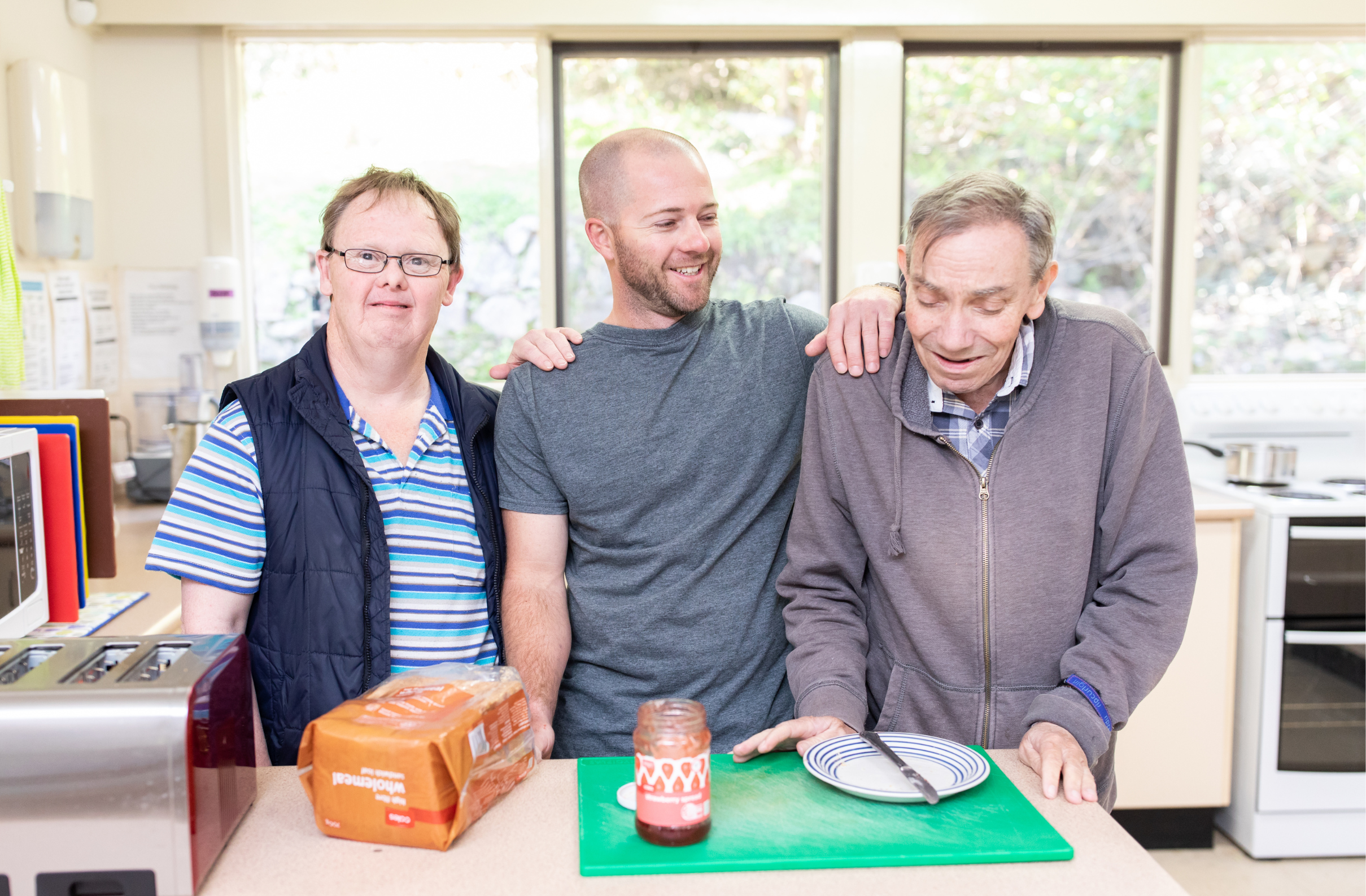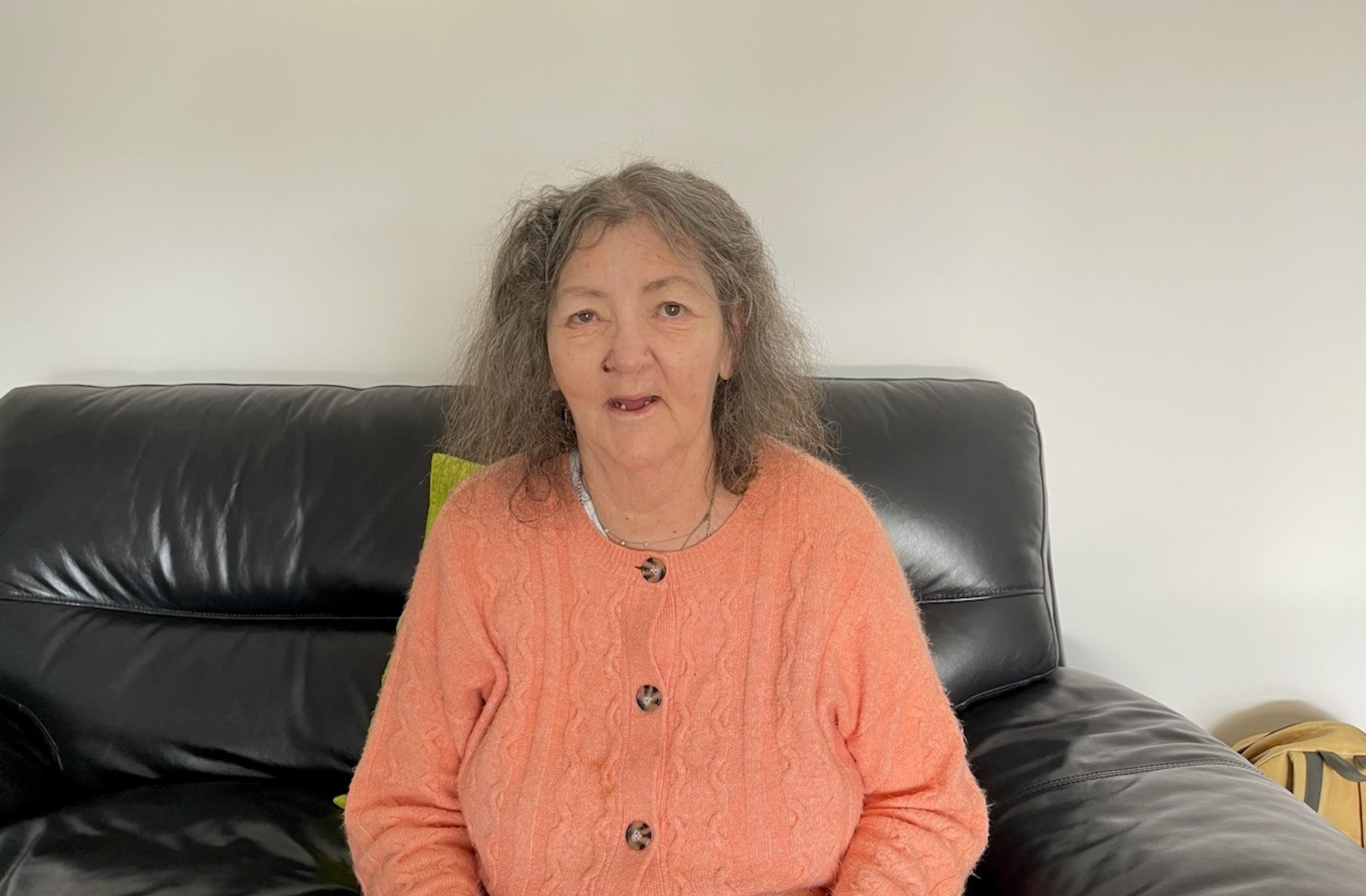If you’re about to embark on the process of becoming an approved foster carer, you might be feeling nervous about your first contact with a Carer Compliance Officer. In reality, it’s not as daunting as it may seem.
Challenge Community Services’ Compliance Officers, Kayla Bevear and Jenna Cheng talk about what to expect and how they can support you through the process.
What is a Carer Compliance Officer?
The Carer Compliance Officer’s job is to make sure foster care agencies remain compliant with internal and external requirements relating to foster carers. Carer Compliance Officers on board new carer applicants, conduct carer reviews, help deliver carer training and assess potential placement options for children and young people needing a safe home. They also organise activities such as information sessions and events for foster carers and the community.
What will my first meeting with a Challenge Carer Compliance Officer involve?
As a prospective foster carer, your first meeting with a friendly Challenge Community Services’ Carer Compliance Officer will be an informal face-to-face chat. This initial contact is an opportunity for you to ask questions and find out more about the foster care journey. There are no forms to fill in at this stage and no obligation to go any further if you decide fostering is not for you.
What personal attributes do foster carers need to have?
There is no tick-the-box profile of the perfect carer and you may be surprised to learn how possible it is to become a foster carer. At Challenge Community Services we have approved carers who are couples (married or de facto as well as same sex couples), single people and grandparents.
‘Our carers come from all walks of life,’ says Jenna. ‘You don’t have to be well off or have a university degree. We are looking for people who are flexible and non-judgmental with an abundance of love and compassion to give. Patience and perseverance helping children overcome emotional and physical hurdles are also qualities we often see in our successful foster care placements.’
Is there a compliance checklist for my home?
If you do decide to proceed with a formal application, your Carer Compliance Officer will come to your home to see if it is suitable. There is no formal checklist, but there are some specific requirements. For example, you will need a dedicated bedroom for each child in your care. There are also certain safety requirements. For example, if you have a swimming pool, it must meet government regulations.
‘It’s important to remember that the assessment process is not a test,’ says Kayla. ‘If your home doesn’t meet certain requirements, we can work with you to remedy the issue. There is much that can be easily fixed to allow you to progress to the next stage.’
Do I need to talk about personal issues in my past?
The Carer Compliance Officer’s job is to find out as much about you as they can. This does mean they will be asking you questions about your past as well as your current situation. It’s important to answer these questions as honestly as possible so that Challenge Community Services can make the best match for both you and the child.
There are certain situations that do preclude someone from becoming a foster carer, such as your own children being in out of home care or certain outcomes identified on probity checks. But you don’t have to have had a perfect life.
‘Sometimes carers who have faced difficulties in their own lives make excellent carers as it can make them more resilient and compassionate,’ says Jenna. ‘For example, they may have been adopted or in care as children themselves, giving them a deeper understanding of certain issues. We do understand that the assessment process can stir up painful memories – if this happens, we can arrange support such as counselling.’
Many children in need of out of home care have experienced trauma, neglect or abuse which can affect their mental and physical wellbeing. To avoid a breakdown in the care arrangement, which is distressing for both carers as well as children, it’s vitally important that each individual child is matched with the right carer. Finding the right loving, safe and secure home for vulnerable children in need is the basis of everything a Carer Compliance Officer does.
For answers to more questions about becoming an approved foster carer, view and download our free Foster Care Handbook here or talk to a Challenge Community Care Compliance Officer on 1800 084 954.













